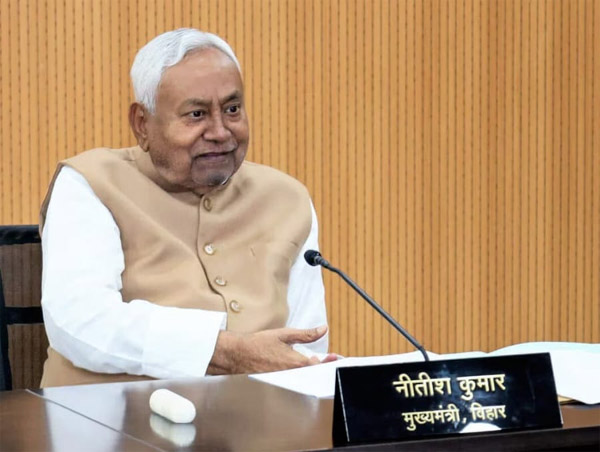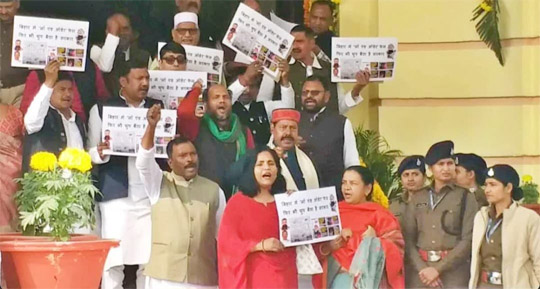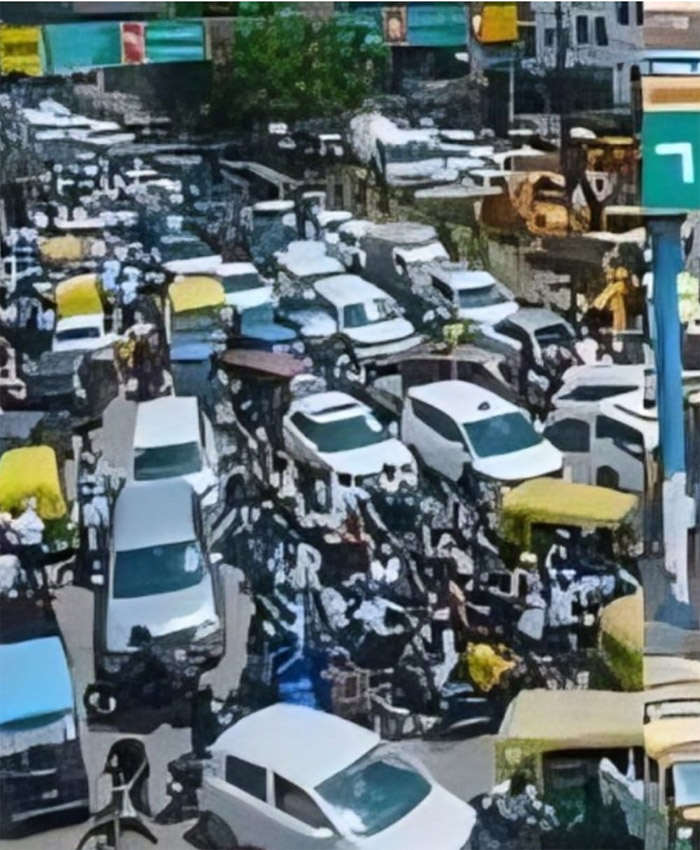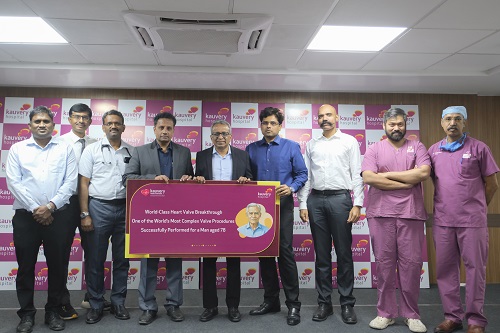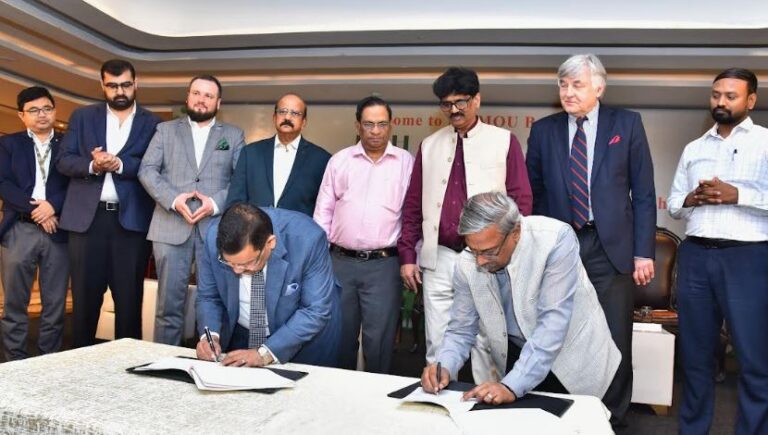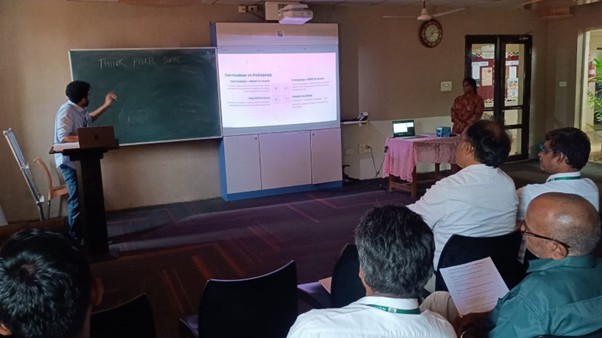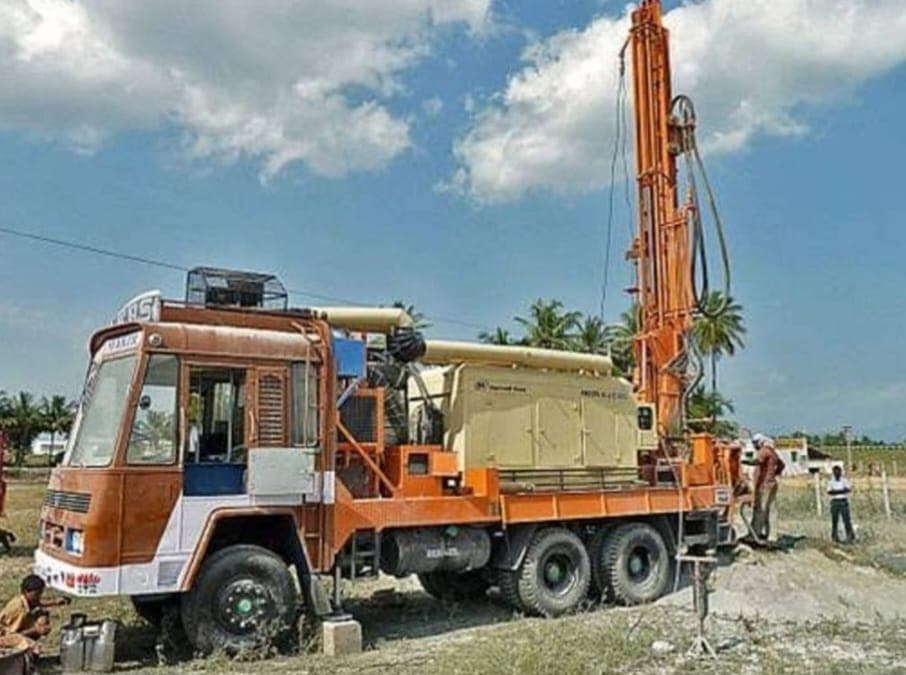
By Neeraj Kumar
Patna: To address the groundwater crisis in Bihar, the government is set to introduce new regulations for groundwater extraction. The Panchayati Raj Department, in collaboration with the Public Health Engineering Department (PHED), Water Resources, and Minor Water Resources Department, is working on formulating these rules to curb water wastage and illegal water trading across the state. A recent meeting, chaired by the Chief Secretary and attended by Disaster Management Department officials, highlighted the urgent need for these regulations due to the alarming decline in groundwater levels.
The review revealed that millions of liters of water are extracted daily from various districts without stringent government oversight. Consequently, the rule-making process is being expedited, with implementation expected soon after government-level reviews. The new regulations will include guidelines for both government and private boring, setting extraction limits and requiring permits or NOCs for boring activities.
Concerns about groundwater depletion have been raised in both legislative houses, particularly focusing on illegal water extraction and trade. Despite these discussions, the illicit water trade has proliferated across Bihar. The issue was highlighted during the Legislative Council’s budget session, but departments such as PHED, Food and Consumer Protection, and Health Department have yet to take decisive action.
PHED officials disclosed that over 90 percent of water plants lack proper testing facilities, including laboratories and chemists. According to regulations, water testing should be conducted in NABL-accredited labs, but currently, PHED is the only entity with such facilities in the state. While some educational and research institutions operate their own labs, PHED has established and NABL-accredited water testing laboratories at district and sub-division levels.
Furthermore, most water plants in Bihar use chilling plants instead of RO systems to supply water. This process involves cooling water to eliminate bacteria before packaging and distribution. However, these plants operate motors for two to five hours daily, depleting groundwater and affecting government resources.
The author is a Patna based journalist

